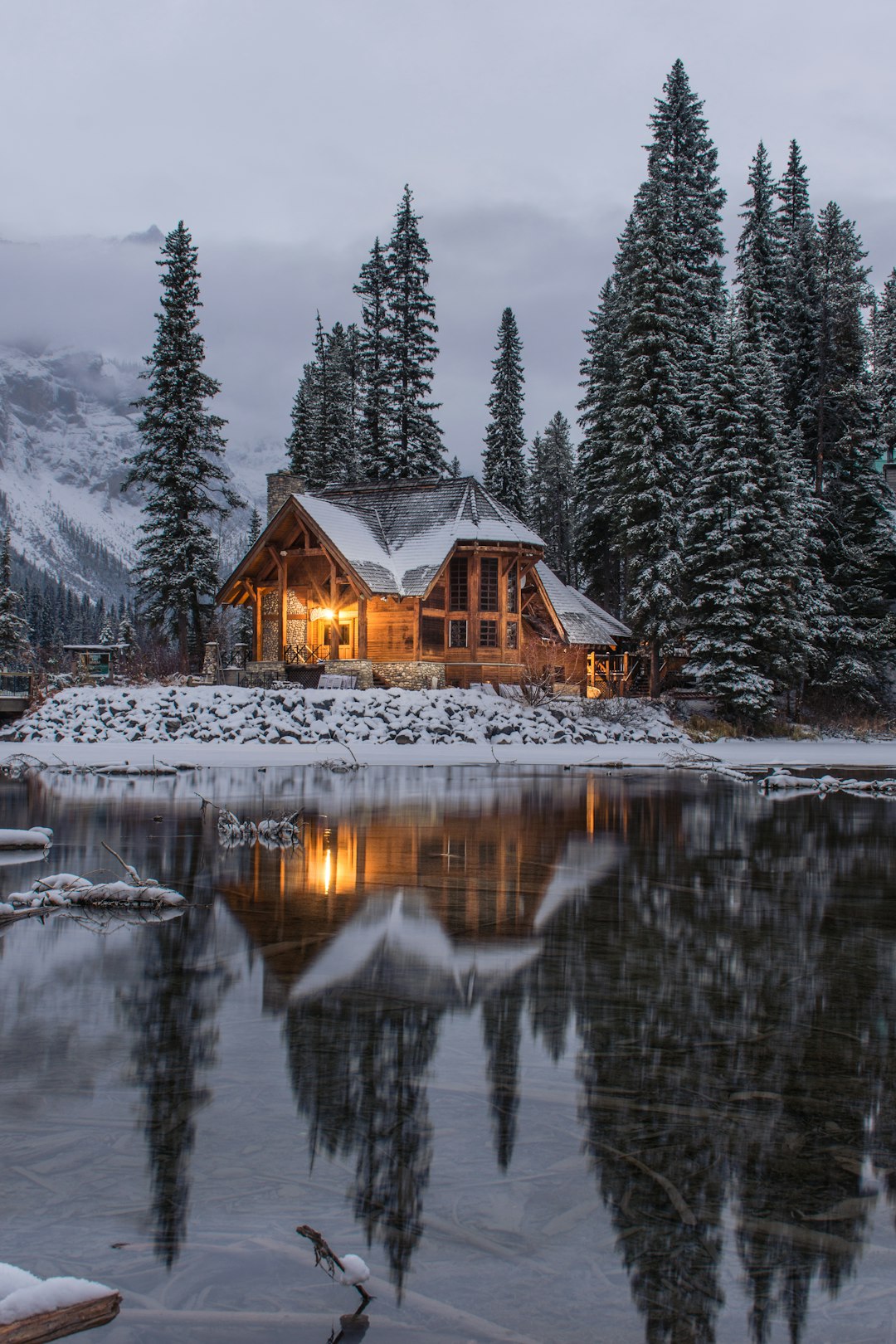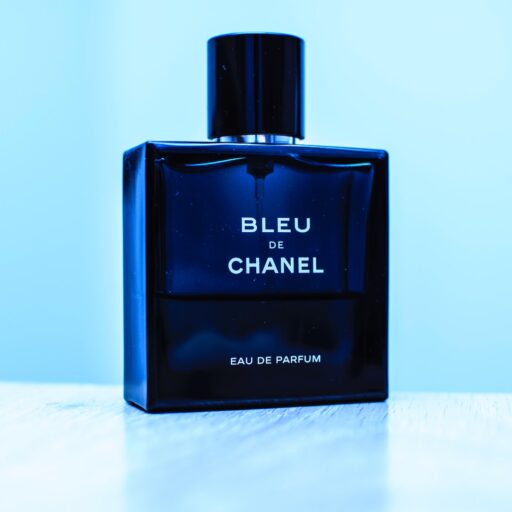Support our educational content for free when you purchase through links on our site. Learn more
Why Are Perfume Brands Called “House”? Discover 7 Secrets! 🏠
Have you ever caught a whiff of a fragrance that transported you to another world? The enchanting realm of perfumes is not just about delightful scents; it’s also steeped in fascinating history and artistry. But why are these captivating brands referred to as “houses”? 🤔 In this article, we’ll unravel the mystery behind this terminology and explore the intricate world of perfume houses, from their rich histories to the masterful artisans behind the scents we adore.
Did you know that some of the most iconic perfume houses have been around for over a century? Their fragrances tell stories of elegance, innovation, and cultural shifts. Whether you’re a fragrance aficionado or just starting your scent journey, this guide will provide you with insights that will deepen your appreciation for the artistry of perfume-making. So, let’s dive in and discover the secrets of these aromatic havens!
Key Takeaways ✨
- Perfume houses create and produce their own unique fragrances, distinguishing them from brands that may simply retail scents.
- The history of iconic houses like Chanel and Dior is intertwined with fashion and culture, making their fragrances timeless.
- Perfumers, or “noses,” are the skilled artisans who craft these scents, blending various ingredients to evoke emotions and memories.
- Understanding the difference between a perfume house and a perfume brand can enhance your fragrance shopping experience.
- Many modern perfume houses prioritize sustainability and ethical sourcing, appealing to environmentally conscious consumers.
Ready to explore the world of fragrances? 👉 Shop luxury perfumes from renowned houses like Chanel and Dior to find your signature scent! 🌸
Table of Contents
Quick Tips and Facts
The Fascinating History of Perfume Houses
What Does It Mean to Be a “House” in the Fragrance World?
The Art of Crafting Fragrances: Inside a Perfume House
Notable Perfume Houses and Their Signature Scents
The Role of a Perfumer: The Mastermind Behind the House
How Perfume Houses Influence Trends and Culture
Country of Origin: Where Perfume Houses Flourish
The Future of Perfume Houses: Trends to Watch
Conclusion
Recommended Links
FAQ
Reference Links
Quick Tips and Facts 💨
- The term “House” in the fragrance world signifies a company that creates its own perfumes, like a fashion house designs its own clothes. Think of iconic names like Chanel, Dior, or Guerlain – these are all perfume houses! What are perfume brands called?
- A “perfume brand,” on the other hand, might not necessarily formulate its own scents. They might sell perfumes manufactured by other companies, much like a clothing store might carry various brands.
- Perfume houses often have a long and storied history, some dating back centuries! Their fragrances become intertwined with their legacy, like a signature scent passed down through generations.
- Ever wondered who the noses behind these captivating scents are? They are the highly skilled perfumers, often trained for years to master the art of fragrance creation.
- Looking for a unique and luxurious fragrance experience? Perfume houses are your go-to! They offer a diverse range of scents, from classic to modern, each telling a story through its aroma.
Now, let’s dive deeper into the captivating world of perfume houses and uncover the secrets behind their alluring creations! ✨
Conclusion 🎉

In summary, understanding why perfume brands are called “houses” opens up a world of appreciation for the artistry and craftsmanship behind each fragrance. Perfume houses are the creative powerhouses that design and produce their own unique scents, while brands often serve as retailers of these exquisite creations. This distinction is crucial for fragrance enthusiasts looking to explore the depth and richness of the perfume world.
Positives:
- Artistic Integrity: Perfume houses maintain control over the creative process, ensuring that each fragrance is a true reflection of their vision.
- Quality Ingredients: Many houses prioritize high-quality, often sustainably sourced materials, leading to luxurious and long-lasting scents.
- Unique Stories: Each fragrance tells a story, often inspired by the house’s history or the perfumer’s personal experiences.
Negatives:
- Cost: Fragrances from established houses can be on the pricier side, which may not be accessible for everyone.
- Availability: Some niche perfume houses might not be as widely available, making it challenging to find their offerings.
We confidently recommend exploring the world of perfume houses for a truly unique olfactory experience. Whether you’re drawn to the timeless elegance of Chanel or the innovative creations of House of Bō, there’s a scent for everyone! 🌟
Recommended Links 🛍️
- Chanel Fragrances: Shop Chanel on Amazon | Chanel Official Website
- Dior Fragrances: Shop Dior on Amazon | Dior Official Website
- House of Bō: Shop House of Bō on Amazon | House of Bō Official Website
- Books on Perfume: Perfume: The Story of a Murderer | The Perfume Bible
FAQ ❓

What is the history behind perfume houses like Chanel and Dior?
The Legacy of Iconic Houses
Chanel was founded by Gabrielle “Coco” Chanel in 1910, revolutionizing women’s fashion and fragrance with the launch of Chanel No. 5 in 1921. This scent became a symbol of luxury and sophistication. Dior, established by Christian Dior in 1946, introduced the world to the “New Look” and quickly gained fame for its floral and elegant fragrances, such as Miss Dior. Both houses have rich histories intertwined with fashion, art, and culture, making them timeless icons in the fragrance industry.
How do perfume houses create unique fragrances for their brand?
The Art of Fragrance Creation
Perfume houses employ skilled perfumers, often referred to as “noses,” who blend various essential oils, aroma compounds, and other ingredients to create unique scents. The process involves extensive research, experimentation, and a deep understanding of fragrance notes (top, middle, and base). Each fragrance is crafted to evoke specific emotions or memories, making it a personal experience for the wearer.
Read more about “How Many Perfume Brands Are There in the USA? Discover 50+ Options! 🌟 …”
What is the difference between a perfume house and a perfume brand?
Understanding the Distinction
A perfume house is a company that creates and produces its own fragrances, often with a dedicated team of perfumers. In contrast, a perfume brand may sell fragrances created by other houses, acting more as a retailer. This distinction is essential for consumers who wish to understand the origins of the scents they love.
Read more about “What Are Perfume Brands Called? 10 Iconic Names You Should Know! 🌟 …”
Why are some perfume houses considered luxury brands while others are more affordable?
The Price of Craftsmanship
Luxury perfume houses often use high-quality, rare ingredients and invest in extensive research and development to create their fragrances. This craftsmanship, combined with brand heritage and marketing, contributes to higher prices. On the other hand, more affordable brands may use synthetic ingredients or mass-produce their scents, making them accessible to a broader audience.
What role do sustainability and ethical sourcing play in modern perfume houses?
A Growing Trend in Perfumery
Many contemporary perfume houses are increasingly focusing on sustainability and ethical sourcing of ingredients. This shift is driven by consumer demand for transparency and eco-friendliness. Brands like House of Bō emphasize using sustainably sourced materials and eco-conscious practices, appealing to environmentally aware consumers.
How do fragrance trends influence the offerings of perfume houses?
The Impact of Cultural Shifts
Fragrance trends often reflect broader cultural movements, such as the rise of clean beauty or the popularity of niche scents. Perfume houses closely monitor these trends to innovate and adapt their offerings. For example, the increasing interest in unisex fragrances has led many houses to create scents that appeal to a diverse audience.
Reference Links 🔗
- Chanel Official Website
- Dior Official Website
- House of Bō Official Website
- Matriarch Blog on Fragrance Houses
- Creed Fragrance Official Website
- House of Bō Overview
With this comprehensive guide, you’re now equipped to explore the enchanting world of perfume houses! Happy scent hunting! 🌸





